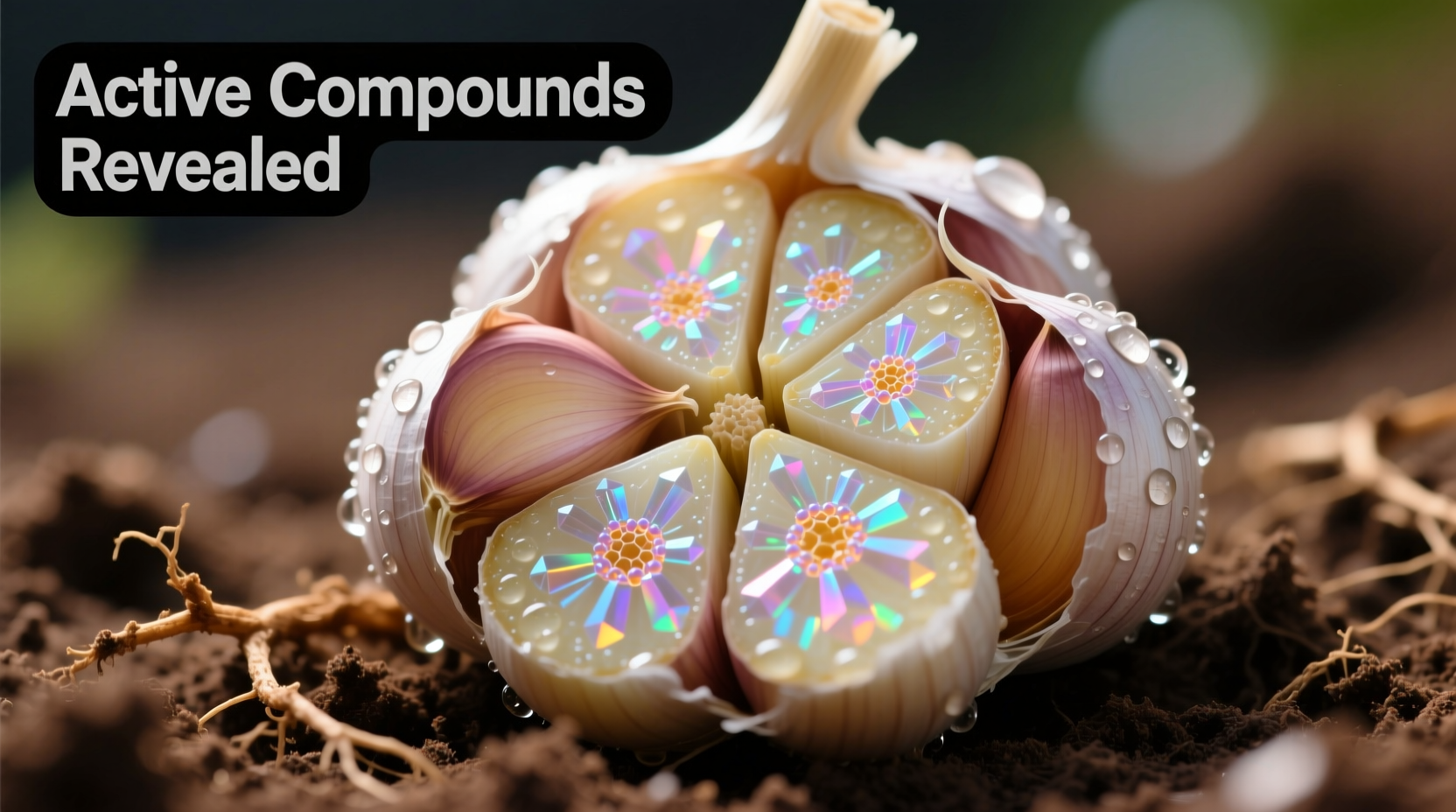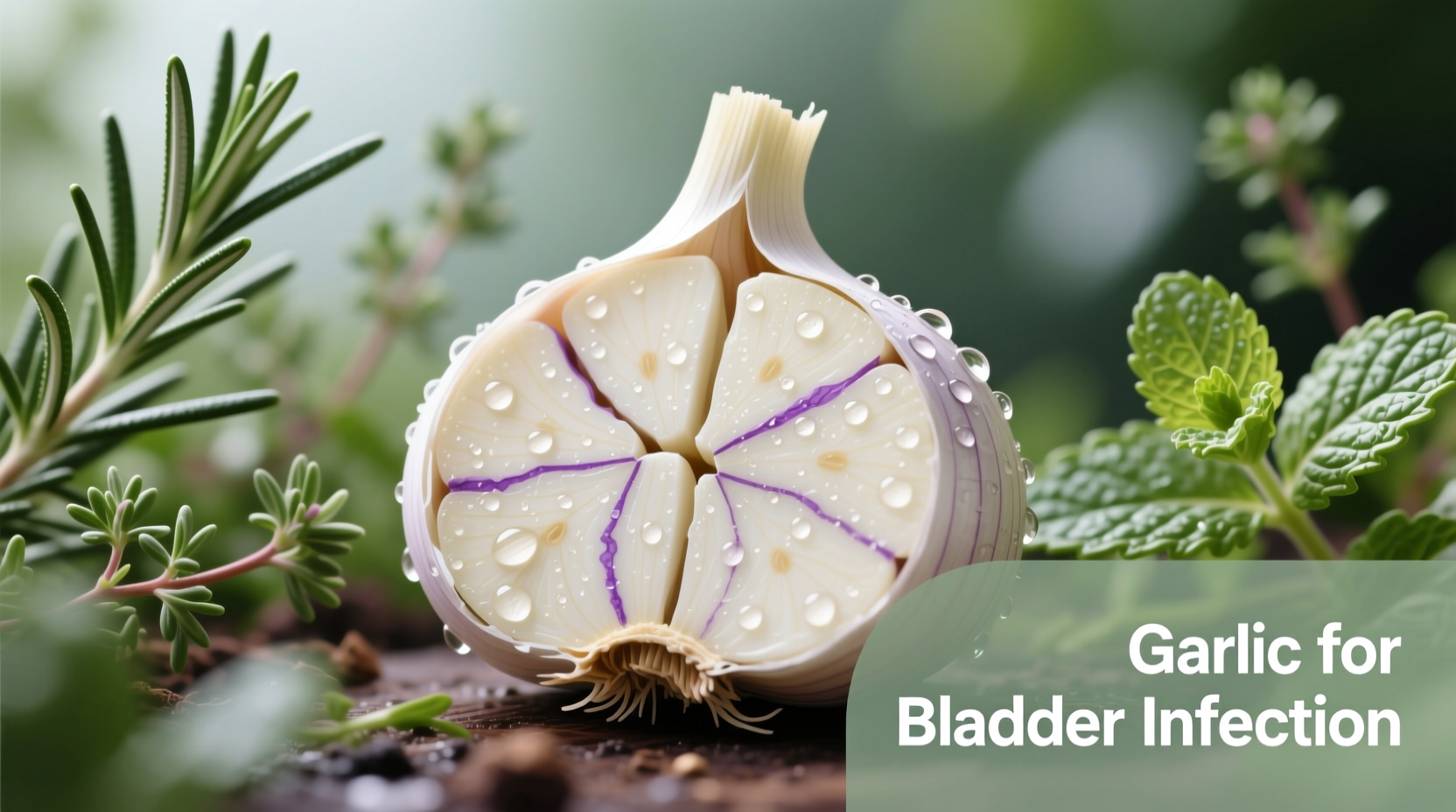Garlic shows potential as a complementary approach for urinary tract health due to its antimicrobial compound allicin, but it is not a proven treatment for active bladder infections. Medical research indicates antibiotics remain the only clinically validated treatment for bacterial UTIs, while garlic may offer limited preventive benefits when used alongside conventional care.
Understanding Bladder Infections and Standard Treatment
Bladder infections, medically known as urinary tract infections (UTIs), affect millions annually. The Centers for Disease Control and Prevention (CDC) reports that UTIs account for nearly 10 million doctor visits each year in the United States alone. Approximately 90% of uncomplicated UTIs are caused by Escherichia coli (E. coli) bacteria that travel from the digestive tract to the urinary system.
When diagnosed with a bladder infection, healthcare providers typically prescribe antibiotics as the primary treatment. The American Urological Association emphasizes that prompt antibiotic treatment is crucial to prevent complications like kidney infections. Commonly prescribed antibiotics include trimethoprim-sulfamethoxazole, nitrofurantoin, and fosfomycin, with treatment courses typically lasting 3-7 days.
Garlic's Antimicrobial Properties: What Science Reveals
Garlic (Allium sativum) contains allicin, a sulfur compound formed when garlic is crushed or chopped. According to research published in the Journal of Antimicrobial Chemotherapy, allicin demonstrates broad-spectrum antimicrobial activity against various bacteria, including some strains of E. coli. However, the concentration required for therapeutic effect in the urinary tract remains uncertain.
A 2020 review in Phytotherapy Research examined multiple studies on garlic and urinary health. While laboratory studies showed promising antibacterial effects, the researchers concluded that "clinical evidence supporting garlic as a standalone treatment for active UTIs in humans remains insufficient." The review noted that most positive findings came from in vitro (test tube) studies rather than human clinical trials.
| Approach | Effectiveness for Active UTIs | Scientific Evidence Level | Time to Symptom Relief |
|---|---|---|---|
| Prescribed Antibiotics | High (85-95% cure rate) | Extensive clinical trials | 24-48 hours |
| Garlic Supplements | Not established | Limited lab studies | No reliable data |
| Increased Fluid Intake | Supportive only | Moderate evidence | May reduce discomfort |
Practical Considerations for Garlic Use
If considering garlic as part of your urinary health strategy, understanding proper usage matters. Raw garlic contains the highest allicin levels, with approximately 2.5-4.5 mg of allicin per clove when properly prepared. Cooking methods significantly affect potency—allicin degrades rapidly when exposed to heat above 60°C (140°F).
For those exploring garlic's potential benefits, these evidence-based recommendations apply:
- Crush or chop fresh garlic and let it sit for 10 minutes before use to maximize allicin formation
- Consider aged garlic extract supplements (1-2.4g daily) which have better research backing for general immune support
- Never replace prescribed antibiotics with garlic when experiencing active UTI symptoms
- Consult your healthcare provider before combining garlic with blood-thinning medications

When Garlic Isn't Enough: Critical Medical Boundaries
Understanding the limitations of natural approaches is crucial for urinary health. The National Institute of Diabetes and Digestive and Kidney Diseases (NIDDK) emphasizes that untreated UTIs can progress to kidney infections in 20-30% of cases, potentially causing permanent damage. Certain situations require immediate medical attention regardless of natural remedies:
- Painful urination accompanied by fever or back pain
- Symptoms lasting more than 48 hours
- Pregnancy with suspected UTI
- Recurrent infections (3+ in 12 months)
- Diabetes or compromised immune system
Research from the National Institutes of Health shows that delaying proper antibiotic treatment increases the risk of complications by 40% compared to timely intervention. While garlic may contribute to overall urinary health as part of a comprehensive approach, it should never delay evidence-based medical care for active infections.
Integrating Garlic into a Comprehensive Urinary Health Strategy
For those interested in supporting urinary health through dietary approaches, garlic can be part of a multifaceted strategy when used appropriately. Evidence suggests combining several approaches yields better results than relying on any single method:
- Pair garlic consumption with adequate hydration (6-8 glasses of water daily)
- Consider cranberry products with standardized PAC content (36mg)
- Maintain good hygiene practices, especially after sexual activity
- Include probiotic-rich foods to support healthy urinary microbiome
A 2022 study in Frontiers in Cellular and Infection Microbiology found that combining multiple preventive approaches reduced UTI recurrence rates by 58% compared to single interventions. The researchers noted that "while no single natural remedy demonstrates sufficient efficacy as monotherapy, strategic combinations show promise as complementary approaches alongside conventional care."
Conclusion: Balancing Natural Approaches with Medical Evidence
Current medical evidence positions garlic as a potential supportive element for urinary health rather than a treatment for active bladder infections. While laboratory research shows promising antimicrobial properties, human clinical evidence remains limited. Antibiotics continue to be the only clinically proven treatment for bacterial UTIs, with garlic potentially playing a complementary role in prevention strategies when used appropriately.
Anyone experiencing UTI symptoms should consult a healthcare provider for proper diagnosis and treatment. For those interested in incorporating garlic into their wellness routine, discussing this with your doctor ensures it complements rather than interferes with your overall health strategy. Remember that urinary health requires a comprehensive approach, and evidence-based medical care remains essential for treating active infections.











 浙公网安备
33010002000092号
浙公网安备
33010002000092号 浙B2-20120091-4
浙B2-20120091-4